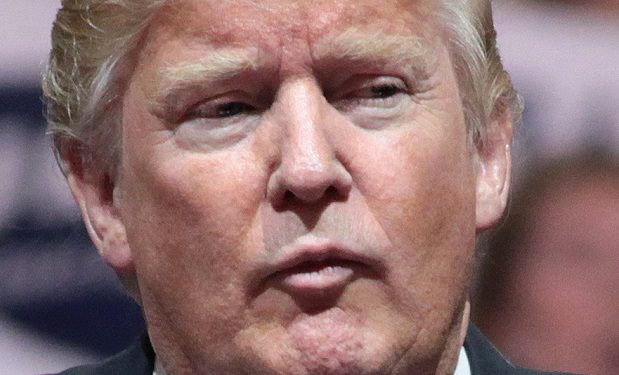Donald Trump claimed he had a personal income of $694 million last year. It’s such a large sum that he followed up the reveal with a confession: if you’d told him 15 years ago, he said, that he’d make that much he’d have been very surprised. And yet in virtually the same breath he claims that not paying federal income taxes “makes him smart.” No one knows if Trump paid any tax in the alleged $694 million, but for the few years there is a public record available of Trump’s taxes they show he paid nothing.
At Quartz, Kevin Delaney posits that it’s this greed — this un-American greed — that has made Trump a pariah for the country’s business leaders. (He cites a reminder that no CEO of a Fortune 100 company has donated to Trump’s campaign, according to the Wall Street Journal.) Other controversial strategies of the Trump campaign — courting racists, for example, if not practicing outright racism — are also factors in Trump’s CEO strike out. But the main reason seems to be, as billionaire Mark Cuban has said, that business needs stability to function — and Trump’s greed sends a signal that playing by the rules, a key part of establishing stability, is not the way he likes to play.
